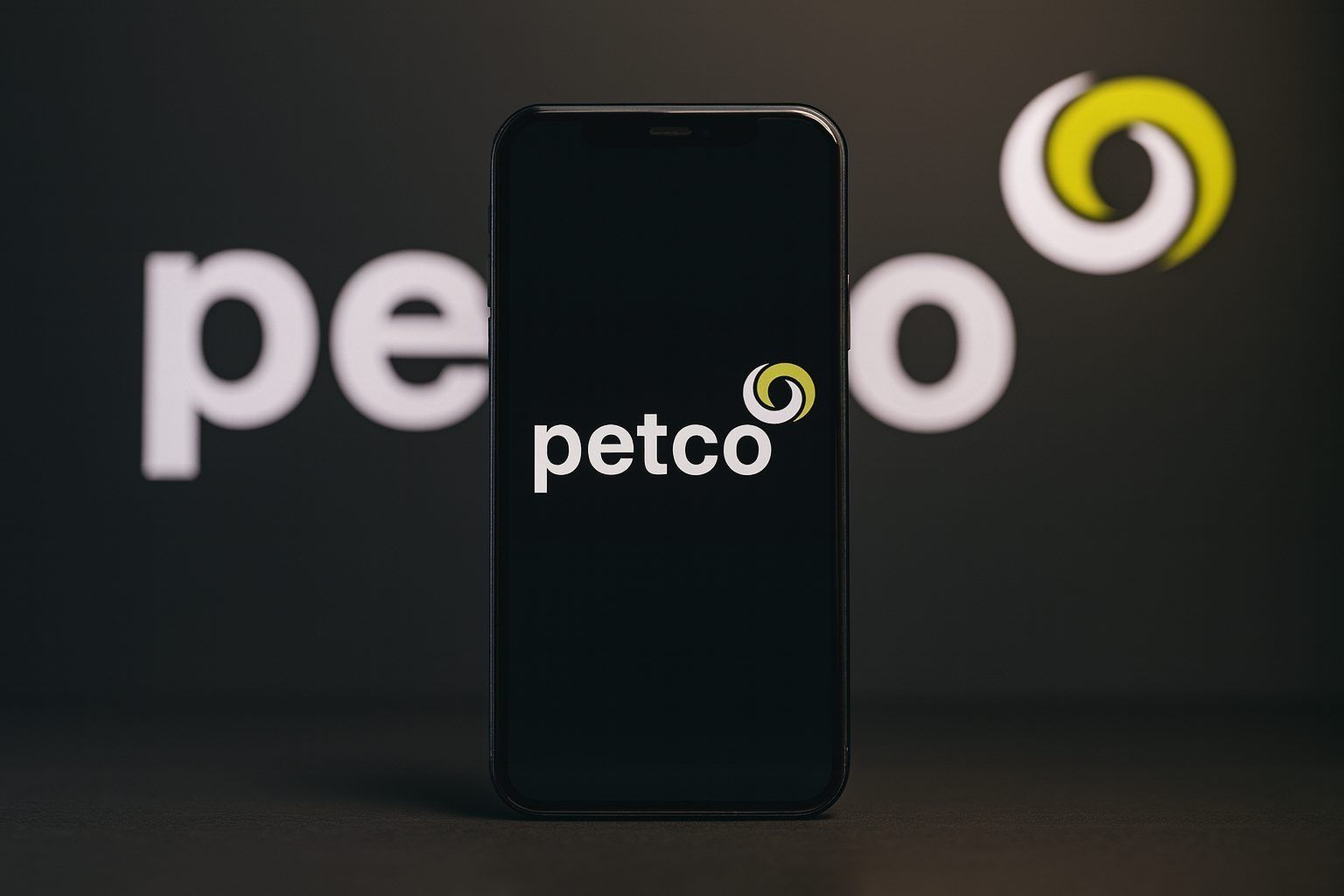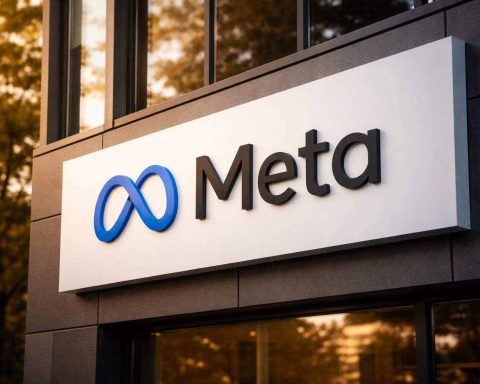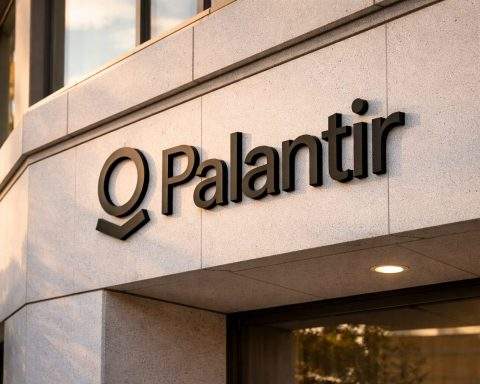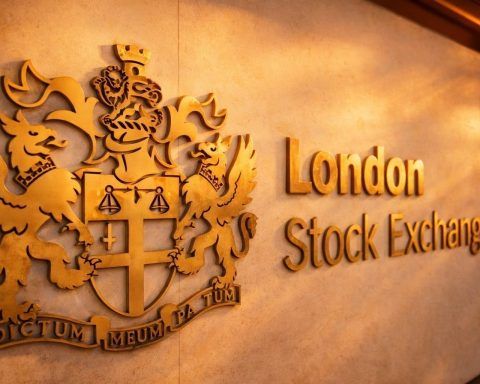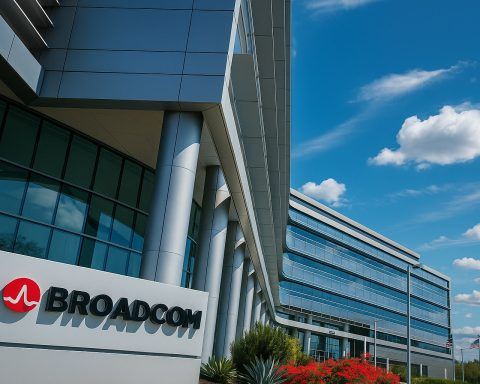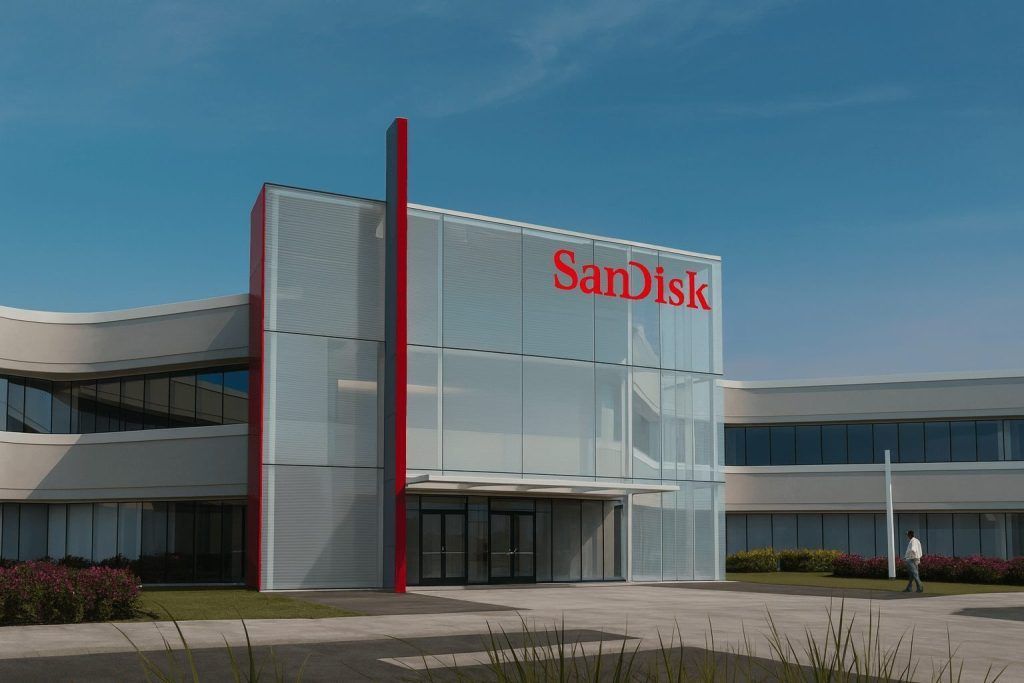MITCHELL’S PLAIN, CAPE TOWN – 28 November 2025
A colourful recycling competition is reshaping how young people in Mitchell’s Plain think about rubbish. Plastic bottles, juice cartons and food scraps are no longer “dirt” to be thrown away – they’re being sorted, collected and even turned into prizes, cleaner streets and new respect for the people who make a living from waste. Plainsman+1
Local community paper Plainsman reports that Petco’s Schools Recycling Competition – now in its second month – is gaining momentum across several schools in the area, with pupils learning to separate PET plastic bottles and liquid board packaging (such as juice and milk cartons) into colour-coded bins, while keeping food and garden waste for composting. Plainsman+1
How the Mitchell’s Plain schools recycling competition works
The competition is run by Petco, South Africa’s producer responsibility organisation (PRO) for PET plastic bottles and liquid board packaging. Participating schools compete to collect the highest volume of recyclable packaging, with the winning school receiving a cash prize – reported as up to R50 000 in earlier coverage – to upgrade facilities like classrooms, playgrounds or ablution blocks. Daily Voice+1
To give schools a practical system that works in crowded classrooms and busy playgrounds, the programme supplies:
- Colour-coded recycling bins and bulk bags so learners can easily separate plastics and cartons from other waste
- Clear guidance on “clean and dry” recyclables, including rinsing and emptying bottles and cartons before they go into the bin
- A separate stream for organic waste, such as food scraps and garden material, which can be composted instead of contaminating recyclables
- Reliable collection through Regenize, the partner service that collects and processes the sorted materials from schools across Mitchell’s Plain Plainsman+1
The competition runs over roughly three months. It was launched on 25 August at Duneside Primary with a high-energy performance by legendary Cape Flats DJ and community leader GrandMaster Ready D and his G‑CAP youth crew, who explain recycling using music, dance and interactive demonstrations. Social TV+1
Five Mitchell’s Plain schools are currently taking part, with each one aiming to collect as many PET bottles, jars and liquid board cartons as possible before the final weighing and prize announcement. Daily Voice+1
Beats, breakdancing and bins: making recycling fun
One of the reasons the project has grabbed learners’ attention is its blend of education and entertainment. At launch events and school visits:
- GrandMaster Ready D and GCAP perform DJ sets and breakdance shows while talking learners through concepts like the circular economy, plastic types such as PET1, and how to spot the recycling symbols on packaging. Daily Voice+1
- Learners get live demonstrations of how to separate waste at source – which items belong in the recycling bags, which must stay out, and why cleanliness and sorting matter. Daily Voice+1
The message is simple: recycling is not a dull chore; it can be loud, creative and community-building. That framing is especially powerful in a suburb where young people are often more exposed to negative narratives about their neighbourhood than to stories of innovation and environmental leadership.
“As artists and mentors, we have the responsibility to use our influence positively,” Ready D told social impact outlet Social TV earlier this year, explaining that the campaign uses creativity to help children take pride in their community and see recycling as a way to protect it. Social TV
Inside the classroom: CAPS-aligned lessons and “recycling ambassadors”
The initiative doesn’t stop at the bin. At schools like Caradale Primary, teachers are weaving recycling into Life Skills and Natural Sciences lessons using curriculum-aligned (CAPS) materials developed by Petco and the Pick n Pay Schools Club. Plainsman+1
These resources cover topics such as:
- What happens to waste after it leaves the school
- Why separating recyclables from general waste makes recycling possible
- How composting organic waste reduces landfill pressure and greenhouse gas emissions
- How the recycling value chain supports thousands of livelihoods, from waste pickers to small businesses
Deputy principal Dawn Cockrill says the project has changed how both learners and staff think about waste. Where empty bottles were once seen as rubbish, pupils now recognise them as valuable resources that can protect the environment and generate income for many South Africans who depend on recycling. Pressportal+1
Caradale has even created a team of learner “recycling ambassadors” who:
- Lead regular school clean-ups
- Remind classmates to use the correct bins
- Help teachers monitor contamination in recycling bags
- Take the message home to parents and neighbours Pressportal+1
From schoolyard to streets: the ripple effect into the community
One of the clearest signs that the programme is working is how quickly learners are applying its lessons beyond school grounds.
Grade 7 pupil Matthew Gallant, for example, has become a minor local hero: he rides his skateboard around the neighbourhood collecting PET bottles and brings them back to school for weighing in the competition. He says it’s fun and that he enjoys seeing his area look cleaner. Plainsman+1
Across participating schools, pupils are:
- Collecting bottles, jars and cartons from home
- Encouraging families to rinse and sort recyclables
- Starting small compost heaps for fruit peels and garden waste
- Talking to younger siblings and cousins about littering and dumping
Teachers and programme partners say these small actions, repeated daily by hundreds of pupils, are beginning to reduce litter around school fences and nearby streets – in a city that currently spends around R100 million a year clearing illegally dumped waste and responds to more than 800 dumping complaints annually. Many of the worst dumping hotspots are in working-class communities on the Cape Flats, including parts of Mitchell’s Plain. Sunday Independent
Why Mitchell’s Plain matters in South Africa’s waste crisis
The transformation happening in a handful of Mitchell’s Plain schools is unfolding against a sobering national backdrop:
- South Africans generate roughly 122 million tonnes of waste each year, yet only about 10% is recycled. mpactrecycling.co.za
- According to the national government, the country produces more than 2.5 million tonnes of plastic every year, and only a fraction is recovered; much of the rest ends up in rivers, lakes, oceans and as invisible microplastics in food, water and air. Government of South Africa
- Globally, a recent study found that only 9.5% of plastic produced in 2022 was made from recycled material, with around 40% still going to landfill – a reminder that even with progress, the world is far from closing the loop on plastic. The Guardian
Programmes like Petco’s schools competition directly target two of the most stubborn problems in this system:
- Behaviour at source – getting households and institutions to separate recyclables before they mix with food waste
- Public understanding of the circular economy – helping people see packaging not as useless trash but as a material that can be collected, processed and turned into something new
By embedding these lessons in a community that also struggles with illegal dumping and litter – and by making children the messengers – the competition offers a practical model for how education and infrastructure can work together.
Petco’s wider impact: from school bins to national circular economy
While the Mitchell’s Plain drive is local, it builds on a much bigger shift in how South Africa manages packaging under extended producer responsibility (EPR) regulations.
Audited data released in 2024 shows that:
- In 2023, Petco achieved a 64% collection rate and 60% recycling rate for PET beverage bottles placed on the market by its members, exceeding the legislated requirement of 58% for post‑consumer PET. Engineering News
- By 2024, Petco reported that the collection of PET bottles and jars placed on the market by its members had grown from 16% in 2005 to nearly 76%, with over 70% of those containers now successfully recycled. At the same time, collection and recycling rates for liquid board packaging tripled in just one year, supported by new investments in buy-back centres and collection infrastructure. PetPla
These efforts saved tens of thousands of cubic metres of landfill space, prevented hundreds of thousands of tonnes of carbon emissions and supported hundreds of small recycling businesses and thousands of waste pickers nationwide. Engineering News+1
In short, the schools competition that has Mitchell’s Plain children racing to fill recycling bags is plugged into a national system that is starting to deliver measurable environmental and economic benefits.
What happens next – and how the community can build on the momentum
The current cycle of the Schools Recycling Competition is scheduled to wrap up soon, with final collection results determining which Mitchell’s Plain school will claim the top prize for facility upgrades. Earlier statements from Petco indicated that winners would be announced toward the end of November, once all collected materials are weighed and verified. Social TV+1
Whatever the outcome, educators and programme partners stress that the true success will be measured in habits, not just tonnages:
- Are pupils still separating waste next term, long after the prize has been handed over?
- Do parents and caregivers start demanding reliable recycling services in their streets and flats?
- Can local community groups piggyback on the momentum to organise clean‑ups or set up micro‑collection points for recyclables?
For families and residents in Mitchell’s Plain who want to support what the learners are doing, practical steps include:
- Separating recyclables at home (especially PET bottles, jars and cartons), rinsing them and sending them to school with children
- Reporting illegal dumping and using municipal drop‑off facilities instead of vacant fields or street corners
- Supporting waste pickers by keeping recyclables clean and accessible, rather than mixed with household rubbish
As one Petco spokesperson put it in a recent statement, these Mitchell’s Plain learners are showing what’s possible when recycling becomes part of everyday life – not just for a competition, but for a cleaner, fairer future. Plainsman+1
